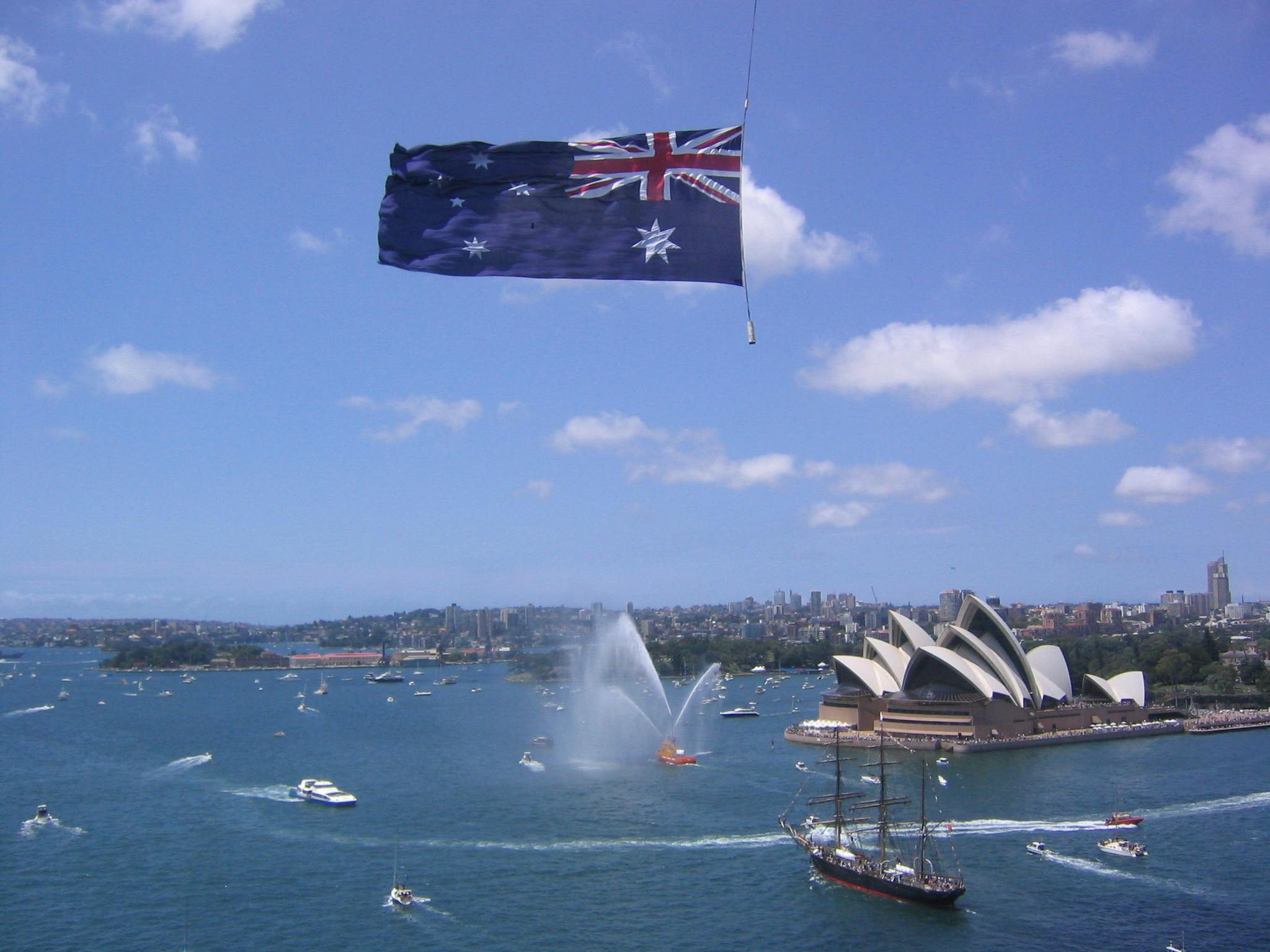Australia Day in Australia
Australia Day, celebrated on January 26th, marks the nation's founding. It's a day of pride, controversy, and reflection on Indigenous history.
Introduction
Australia Day is celebrated annually on January 26th and marks the anniversary of the arrival of the First Fleet at Port Jackson in New South Wales in 1788. Over the years, Australia Day has evolved to signify different things for different people, making it a subject of both celebration and controversy. This essay delves into the history, significance, celebrations, controversies, and perspectives surrounding Australia Day.
Historical Context
The origin of Australia Day dates back to January 26, 1788, when Captain Arthur Phillip led the First Fleet from Britain to establish a penal colony in Australia. The fleet arrived at Port Jackson, which later became Sydney, marking the beginning of British colonization and the displacement of Indigenous peoples. Initially, Australia Day was known as 'Foundation Day' or 'Anniversary Day' and was primarily celebrated in New South Wales.
Significance and Celebrations
For many Australians, Australia Day is a day of national pride and celebration, symbolizing the birth of the nation. The day is marked by various events and activities across the country, including:
- Citizenship Ceremonies: One of the significant aspects of Australia Day is the conferral of Australian citizenship on new immigrants. Citizenship ceremonies are held nationwide, welcoming thousands of new Australians from diverse backgrounds.
- Community Events: Local councils and communities organize events such as parades, concerts, fireworks displays, and BBQs to celebrate Australian culture, history, and achievements.
- Award Ceremonies: The Australian of the Year Awards are announced annually on Australia Day, recognizing individuals who have made a significant contribution to society in various fields, including community service, sports, arts, and science.
- Cultural Celebrations: Indigenous communities also commemorate Australia Day through cultural festivals, performances, and ceremonies, highlighting the rich history and traditions of Australia's First Nations peoples.
Controversies and Debates
Despite its widespread celebration, Australia Day has become a contentious issue due to its association with colonization and the dispossession and marginalization of Indigenous peoples. The date, January 26th, marks the beginning of a painful history for many Indigenous Australians, often referred to as 'Invasion Day' or 'Survival Day.'
- Calls for Change: Indigenous leaders, activists, and supporters have long advocated for changing the date of Australia Day to a more inclusive day that acknowledges the perspectives and experiences of Indigenous Australians. Alternative dates proposed include January 1st (Federation Day) or May 27th (the anniversary of the 1967 referendum).
- National Conversation: The debate surrounding Australia Day has sparked a national conversation about identity, history, reconciliation, and the need to acknowledge and address the injustices faced by Indigenous peoples. It has prompted discussions about how best to commemorate the past while building a more inclusive and respectful future.
- Local Councils: In recent years, several local councils across Australia have chosen not to hold citizenship ceremonies on January 26th out of respect for Indigenous communities' concerns. These decisions have ignited further debate and reflection on the significance and symbolism of Australia Day.
Perspectives and Reflections
Australia Day encapsulates a myriad of perspectives, reflecting the diversity and complexity of Australian society. While for many, it is a day of celebration, for others, it is a day of mourning and reflection. Recognizing and reconciling these differing perspectives is essential in fostering understanding, respect, and unity.
- Reconciliation and Healing: To move forward as a nation, Australia must acknowledge its colonial past, address the ongoing impacts of colonization on Indigenous communities, and work towards reconciliation and healing. This involves listening to Indigenous voices, recognizing their rights and aspirations, and fostering a deeper understanding of their history, culture, and contributions to Australian society.
- Inclusive Celebrations: As discussions continue about the future of Australia Day, there is growing momentum towards creating more inclusive celebrations that recognize the diversity of Australian identities, cultures, and experiences. This may involve reimagining Australia Day as a day that celebrates unity in diversity, acknowledges the past, and looks towards a shared future.
Conclusion
Australia Day remains a significant and evolving national observance that reflects the complexities and contradictions of Australian history, identity, and culture. While it is a day of celebration for many, it also symbolizes the ongoing challenges and debates surrounding reconciliation, representation, and respect for Indigenous peoples. As Australia continues to grapple with its past and strive towards a more inclusive future, Australia Day serves as a poignant reminder of the need to listen, learn, and evolve as a nation united by shared values, aspirations, and aspirations.
